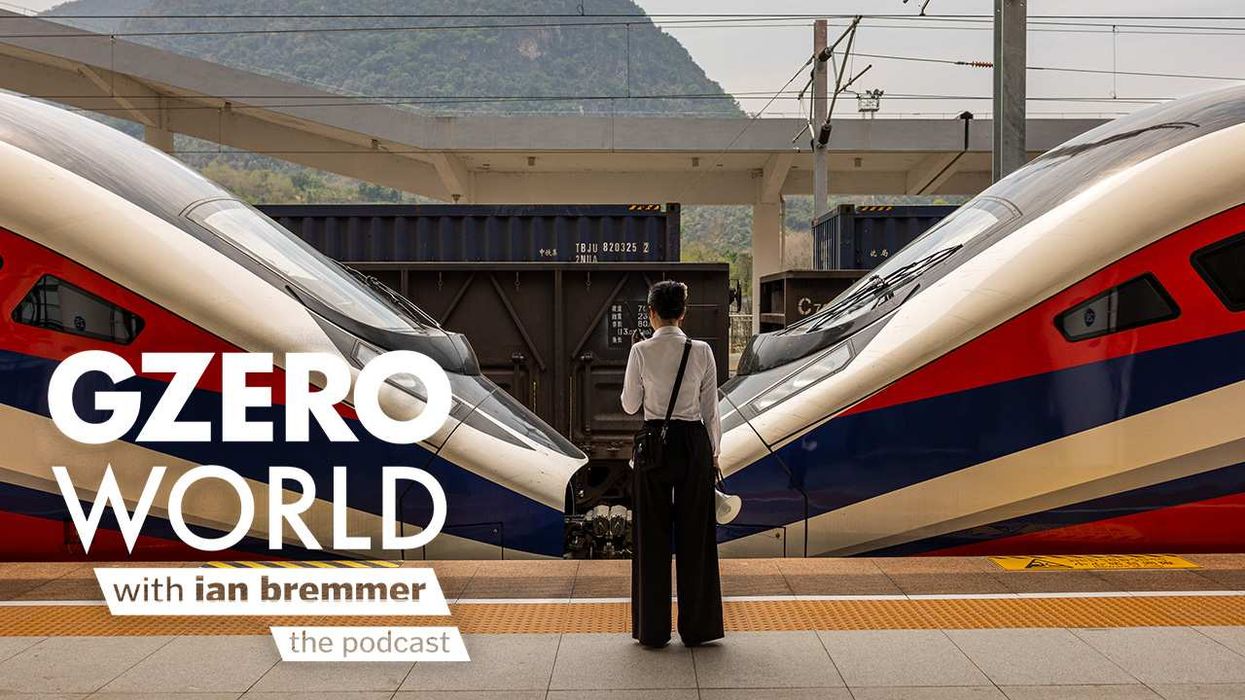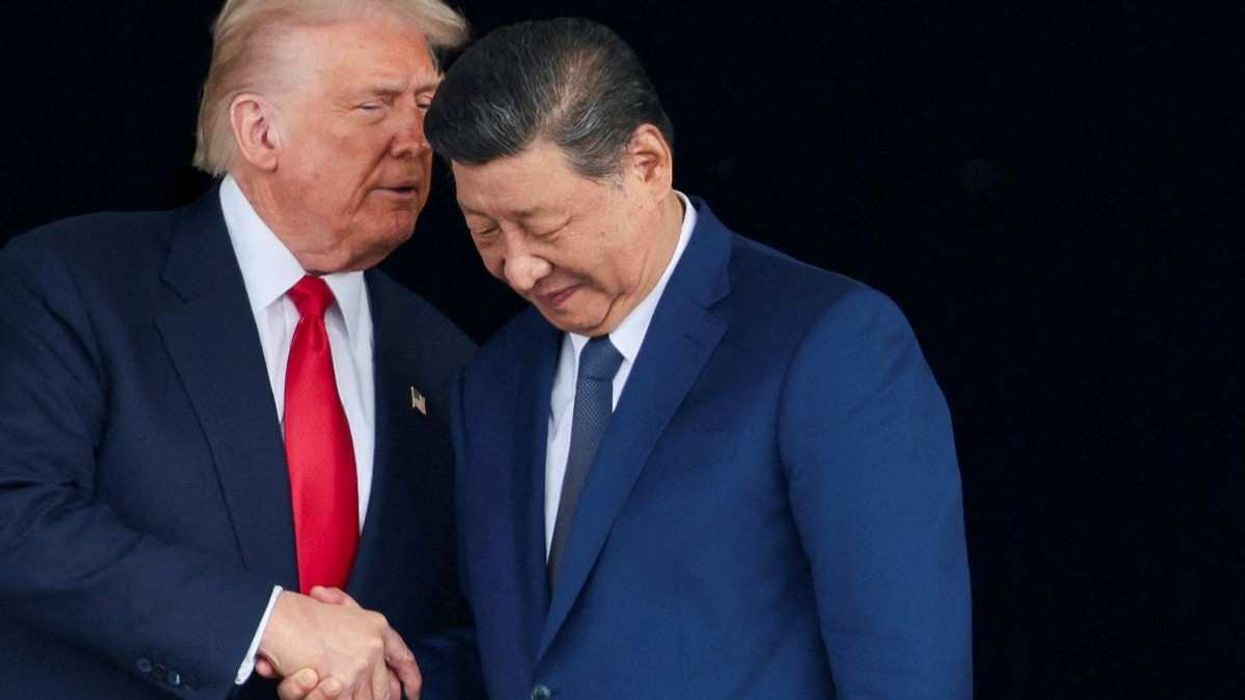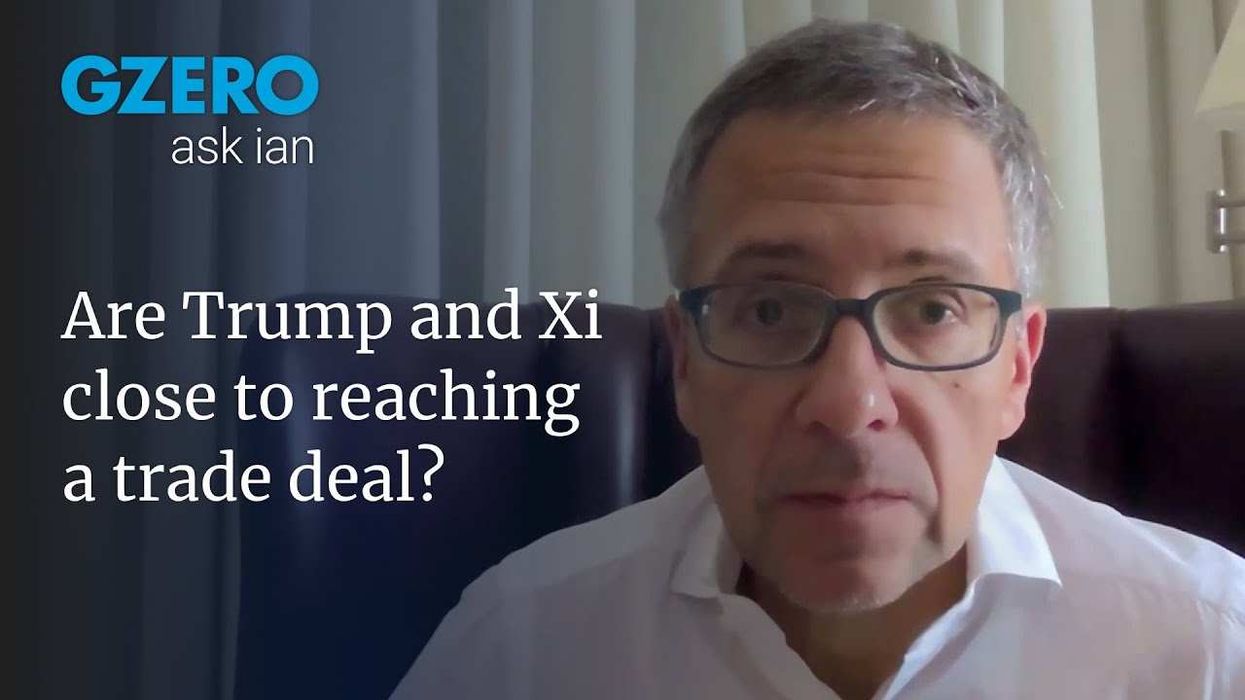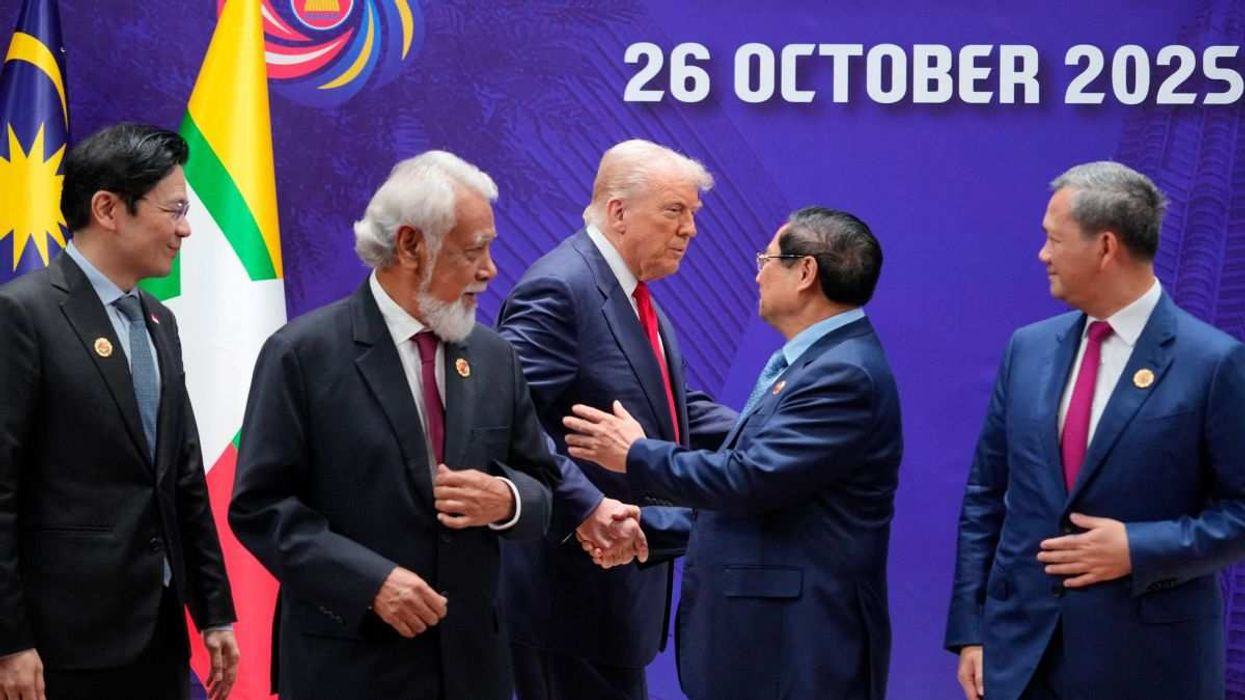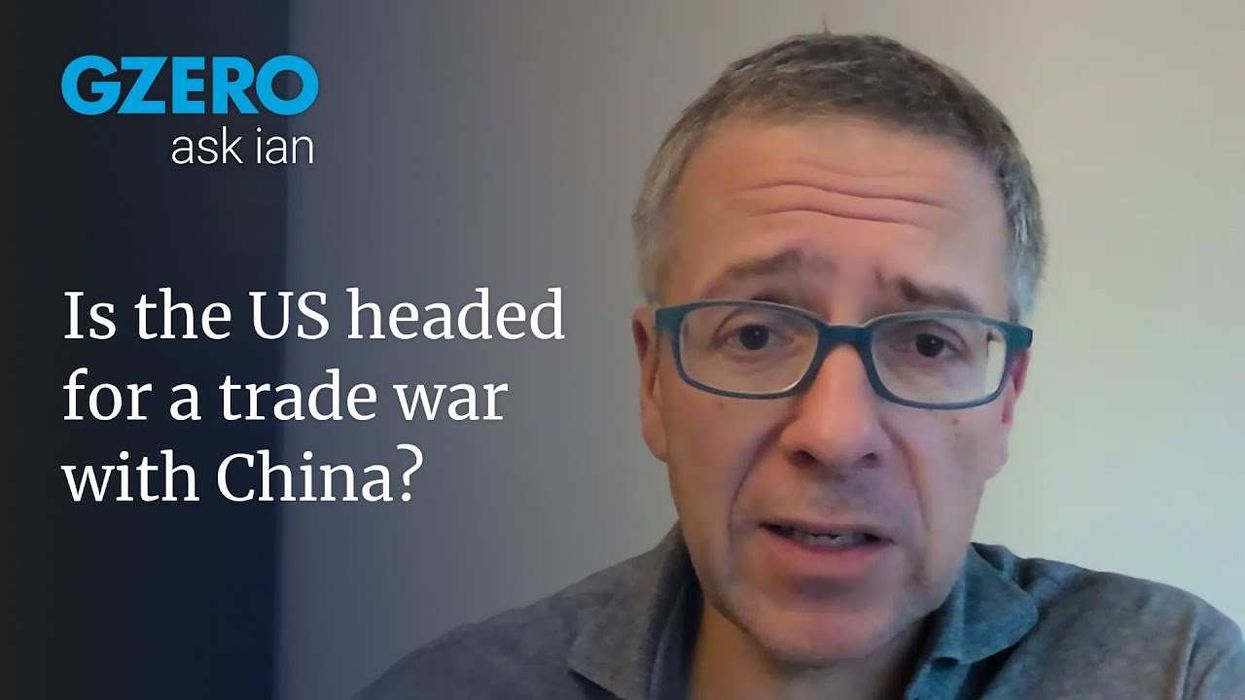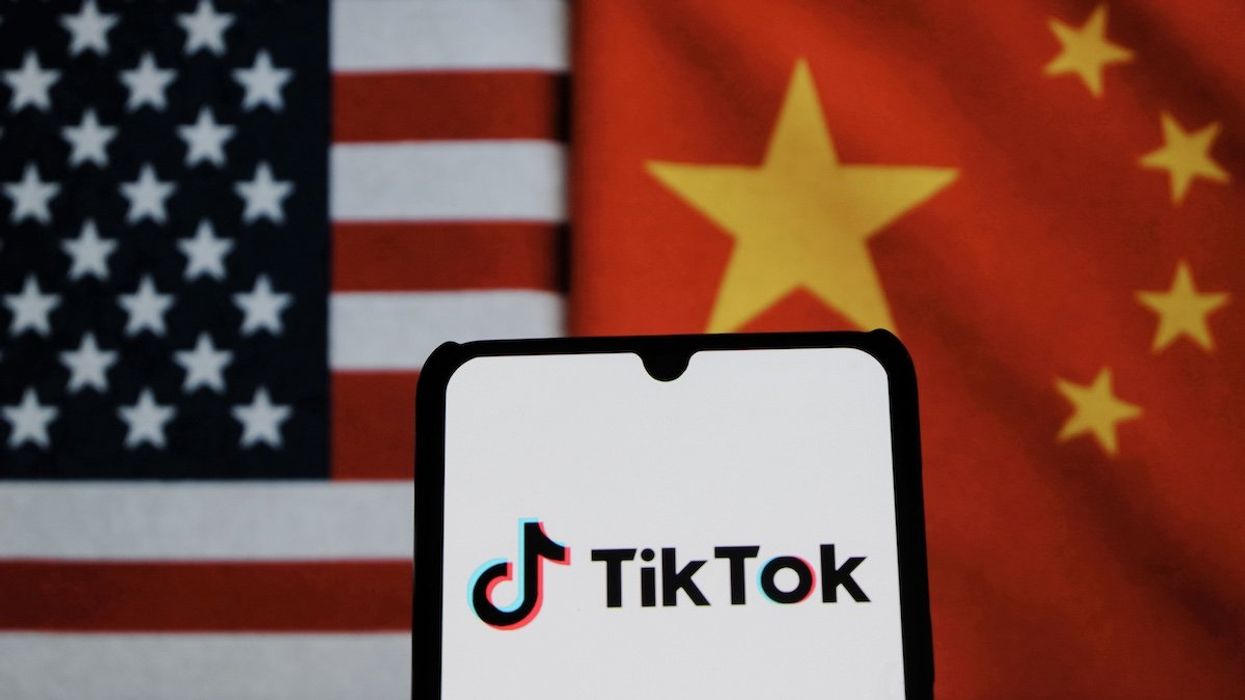GZERO Live
China is the first "electrostate" in the history of the world
How will energy shape global power in 2026 and beyond? In GZERO’s 2026 Top Risks livestream, Gerald Butts, Senior Advisor at Eurasia Group, breaks down the growing US-China competition for energy dominance.
Jan 08, 2026




